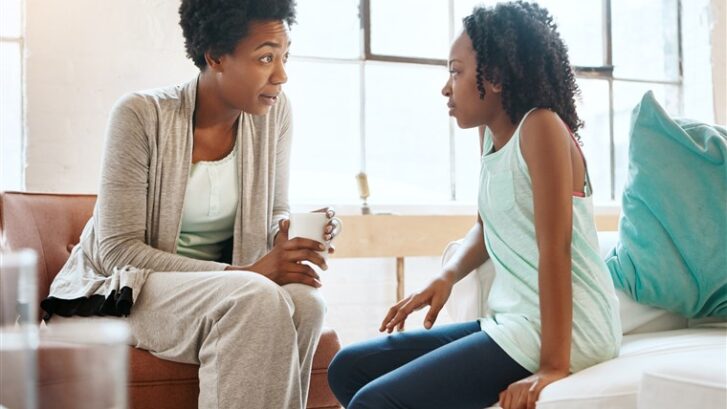How to Talk to Kids About the Coronavirus
If you’re confused and frightened about the novel coronavirus, imagine how children feel. So our concierge doctors at MD 2.0 want to offer some guidance on how to broach the subject with them to help alleviate their fears.
Confront your own fears first
A large part of being a successful parent is putting their needs ahead of your own. This means you don’t have the luxury of freaking out about COVID-19 in front of your children.
At the same time, it’s not healthy to ignore your own fears. You can’t reassure your kids if your heart is racing and you have butterflies in your belly. So obtain a reasonable amount of facts (that is, don’t go overboard) on the disease, and come to terms with its existence, and the odds of you or someone you know catching it (relatively low at this point, especially if we obtain more testing kits and everyone practices social distancing).
Use mindfulness techniques to calmly observe and examine your fears, accept them, and then try to let them go. Remember, kids will take their cues from you. If they see you’re worried, they will be, too.
And if you find your anxiety is overwhelming you, please call us to discuss it.
Get the facts straight
Go to https://www.cdc.gov/coronavirus/2019-ncov/about/index.html or http://www.floridahealth.gov for the latest information about COVID-19, as well as answers to frequently asked questions and current recommendations and guidelines. You can also call the Florida Department of Health 24/7 at (866) 779-6121. Refrain from getting information from social media, which is notoriously unreliable when it comes to facts.
Bring it up before they do
Of course, they’ve heard about the coronavirus and, depending on their age, may be internalizing their anxiety. So it’s important to sound them out: Ask them to tell you what they’ve heard, and whether they have any questions, but be careful not to put ideas into their heads.
Be honest
If you don’t know the answer to a question, say so, and offer to look it up. If it’s a question without an answer (for example, “When can I go back to school?”) tell them you’re not sure, and use the question to dig deeper: “Why do you want to go back to school?”
You may find they’re missing their friends or their teachers, they hate being confined to the house, they’re afraid they’ll have to repeat a year, or any number of other concerns. For some children, such a question can even be an oblique way of asking if they’ll get sick and die.
Tell them about the steps you are taking to keep them safe, explain about all the great doctors all over the world who are working to develop medicines to treat it, and give them age-appropriate information about their (and your) risks of contracting the illness.
Limit media exposure
For their mental health (as well as your own), limit exposure to the media, especially social media. The nightly news shows and the local TV and newspapers provide all the information you should need to stay abreast of the changing situation. But turn off the 24-hour loop of cable-delivered coronavirus news and provide distractions: games, walks, books, etc.
Maintain a routine
Children thrive on routines, and theirs have recently been upended. So establish new routines that, as closely as possible, mirror their old ones. Keep to regular mealtimes and bedtimes, and—if possible—conduct daily outdoor exercise or games at the same time that their school recess would have occurred. And a daily walk after dinner can help relieve anxiety for you as well as them.
Give them ways to cope
Just as many adults are coping with this situation by hoarding toilet paper and bingeing on Netflix, kids need a way to channel their anxiety into concrete action. So offer them proactive things they can do.
For example, teach them the proper way to wash their hands, and give them something besides the happy-birthday song to help them time the activity (romper.com, among others, lists 10 fun handwashing songs for kids that all last at least the 20 necessary seconds).
Show them how to cover their coughs and sneezes, and remind them that eating healthy food will help keep them healthy.
Have them reach out to others, including friends and family. For example, suggest they call or FaceTime grandparents or other older adults who might be lonely because of social distancing.
Be vigilant
Keep an eye out for signs of suppressed anxiety, such as loss of appetite, reluctance to go to bed or to sleep alone, or unusual aggression toward others. Such symptoms may be normal developmental phases, but if you suspect they’re reacting to coronavirus concerns, try to find out if that’s what’s really going on.
Use your own judgment regarding just how much information your child needs or can handle, and try to keep your own fears in check so he or she can pick up on your cues that they really have nothing to worry about.
And, of course, if you have any questions or concerns, please let us know.

